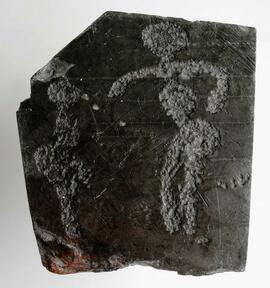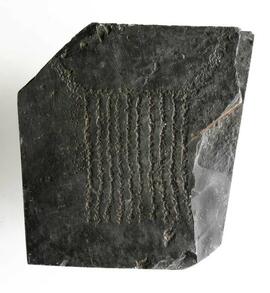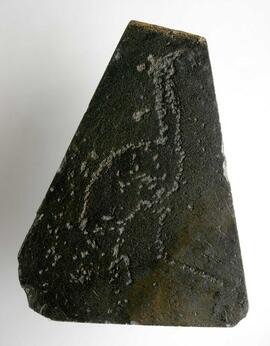Identity area
Reference code
EHB
Title
Holub, Emil
Date(s)
- 2011 (Creation)
Level of description
Collection
Extent and medium
Collection of artifacts
Context area
Name of creator
Biographical history
Name of creator
Biographical history
Name of creator
Biographical history
Repository
Archival history
Immediate source of acquisition or transfer
Content and structure area
Scope and content
Date of aquisition: 2011
Date of aquisition from: 01/01/2011
Date of aquisition to: 31/12/2011
Date of aquisition from: 01/01/2011
Date of aquisition to: 31/12/2011
Appraisal, destruction and scheduling
Accruals
System of arrangement
Conditions of access and use area
Conditions governing access
Conditions governing reproduction
Language of material
- English
Script of material
- Latin
Language and script notes
Physical characteristics and technical requirements
Finding aids
Generated finding aid
Allied materials area
Existence and location of originals
Existence and location of copies
Related units of description
Notes area
Note
Background of the Recorder:Emil Holub (7 October 1847, Holice - 21 February 1902, Vienna)
In 1872 he obtained a degree in medicine at Charles University in Prague. Inspired by the African diaries of David Livingstone, he set off for Cape Town and settled near Kimberley, where he opened a medical practice. After eight months he joined a convoy of local hunters on a two-month expedition where he began to assemble a large natural history collection.
In 1873 he went on a second scientific expedition and focused on the collection of ethnographic objects. On his third expedition in 1875, he undertook a journey to the Zambezi River and drew the first detailed map of the region around the Victoria Falls. He wrote and published the first book account of the Victoria Falls published in English in Grahamstown in 1879.
Many years later he returned to Prague where, however, he again planned a large African expedition. In 1883 Holub and his new wife, Ruženou, and six guides set off on a journey during which they wanted to cross the African continent from south to north. But Holub's team was forced to end the expedition early and return in 1886 because it was troubled by sickness and hostile Ila tribesmen.
Upon his return E. Holub staged two very successful exhibitions, in 1891 in Vienna and in 1892 in Prague.
Late Holub published many documents, contributed to newspapers and magazines and delivered hundreds of lectures. He died prematurely in Vienna on 21 February 1902.
In 1872 he obtained a degree in medicine at Charles University in Prague. Inspired by the African diaries of David Livingstone, he set off for Cape Town and settled near Kimberley, where he opened a medical practice. After eight months he joined a convoy of local hunters on a two-month expedition where he began to assemble a large natural history collection.
In 1873 he went on a second scientific expedition and focused on the collection of ethnographic objects. On his third expedition in 1875, he undertook a journey to the Zambezi River and drew the first detailed map of the region around the Victoria Falls. He wrote and published the first book account of the Victoria Falls published in English in Grahamstown in 1879.
Many years later he returned to Prague where, however, he again planned a large African expedition. In 1883 Holub and his new wife, Ruženou, and six guides set off on a journey during which they wanted to cross the African continent from south to north. But Holub's team was forced to end the expedition early and return in 1886 because it was troubled by sickness and hostile Ila tribesmen.
Upon his return E. Holub staged two very successful exhibitions, in 1891 in Vienna and in 1892 in Prague.
Late Holub published many documents, contributed to newspapers and magazines and delivered hundreds of lectures. He died prematurely in Vienna on 21 February 1902.
Note
Collection obtained from: Naprstek Museum
Note
Provenance: Naprstek Museum
Note
Collection owner image: EHB.jpg
Alternative identifier(s)
Access points
Subject access points
Place access points
Name access points
Genre access points
Description control area
Description identifier
Institution identifier
Rules and/or conventions used
Status
Level of detail
Partial






